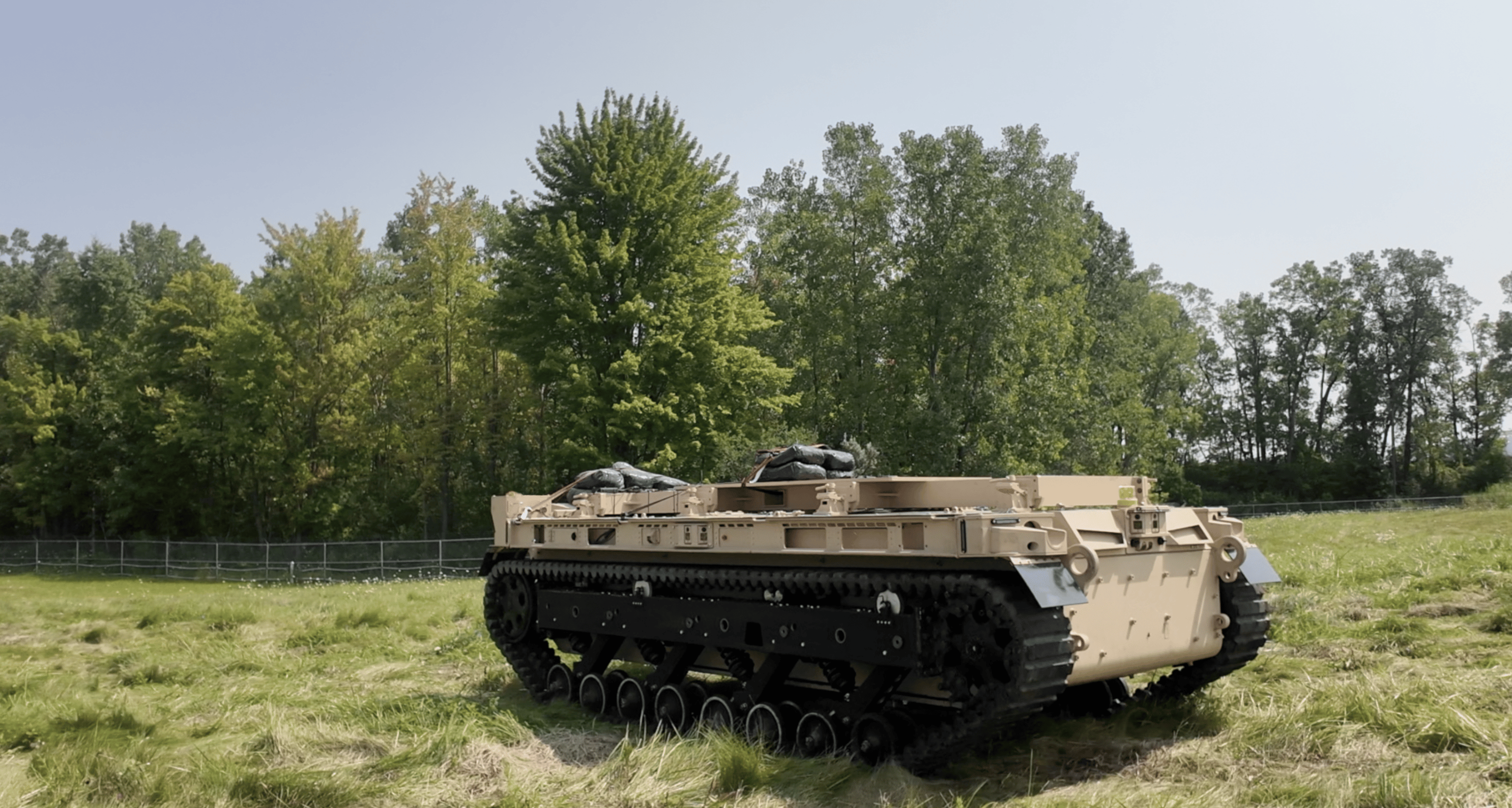BS 5950 Structural Frame Strength Testing for Military Shelter-Carrying Vehicles
The British Standard BS 5950 is a critical document that outlines the structural integrity requirements for military shelter-carrying vehicles, ensuring they can withstand extreme conditions and rigorous operational demands. This service ensures compliance with the standard through comprehensive testing of the vehicle's structural frame. Compliance to this standard is essential to guarantee the safety and reliability of personnel and equipment in military operations.
The BS 5950 Structural Frame Strength Testing for Military Shelter-Carrying Vehicles involves a series of tests designed to evaluate the strength, stability, and durability of the vehicle's structure under various loading conditions. These tests are crucial because they ensure that the vehicle can maintain its integrity even in harsh environments, such as off-road terrains or during high-impact maneuvers.
The testing process typically begins with a detailed inspection of the vehicle’s design and materials used to construct the structural frame. This includes an evaluation of the welds, connections, and overall assembly. The next step involves subjecting the vehicle to simulated operational loads using specialized testing equipment. These loads are designed to mimic real-world conditions that the vehicle might encounter in military operations.
A key aspect of this service is the use of advanced structural analysis techniques to predict how the frame will behave under stress. This involves finite element analysis (FEA) and other computational methods to simulate load paths, deflection, and potential failure points. The results from these analyses are then used to refine the testing process and ensure that all critical areas are adequately evaluated.
The BS 5950 standard specifies a range of loading conditions that must be tested, including static loads at various angles and dynamic loads simulating sudden impacts. This ensures that the vehicle can handle both steady-state and transient stress scenarios. The tests also evaluate the frame's resistance to fatigue, ensuring it remains robust over its service life.
Following the testing phase, detailed reports are generated that document all test results, including any deviations from expected performance. These reports provide critical insights into the structural integrity of the vehicle’s frame and help identify areas for improvement. This information is invaluable for ongoing design refinement and future iterations of the vehicle model.
The compliance with BS 5950 is not just about meeting regulatory requirements; it's also about ensuring that military personnel have access to vehicles that are safe, reliable, and capable of performing their intended functions under any condition. The rigorous testing process helps eliminate potential hazards and enhances overall operational efficiency in the field.
By adhering to this standard, manufacturers can demonstrate their commitment to quality and reliability, which is crucial for maintaining a high level of trust with military forces worldwide. This service ensures that every component of the structural frame undergoes stringent scrutiny, thereby contributing significantly to the safety and effectiveness of the vehicle in critical missions.
The testing process involves meticulous preparation of the specimen, ensuring it represents the actual structure as accurately as possible. This includes cleaning, labeling, and positioning the specimen correctly within the test rig. The use of advanced instrumentation such as strain gauges, displacement sensors, and force transducers ensures precise measurement of all relevant parameters.
The results from these tests are analyzed using sophisticated software tools that interpret data in real-time. This allows for immediate feedback on any discrepancies or unexpected behavior during testing. The comprehensive nature of this service ensures that no detail is overlooked, providing a robust foundation for trust and reliability in military vehicle design.
Applied Standards
The BS 5950 Structural Frame Strength Testing for Military Shelter-Carrying Vehicles is underpinned by international standards such as ISO/TS 16949, which provides quality management systems specifically tailored to the automotive industry. Additionally, AS 3780 and SAE J225A are relevant in terms of structural integrity testing.
- ISO/TS 16949 ensures that quality management processes are robust and consistent across suppliers.
- AS 3780 is a standard for the design, manufacture, and maintenance of structures subject to dynamic loading conditions.
- SAE J225A covers the performance requirements for structural integrity testing of vehicles used in military applications.
The application of these standards ensures that the testing process adheres to high-quality benchmarks, providing confidence in the results. Compliance with such standards is essential for ensuring the reliability and safety of military vehicles.
Quality and Reliability Assurance
- Consistent Testing Procedures: Our laboratory employs a standardized approach to testing, ensuring that each specimen undergoes identical procedures. This consistency minimizes variability and enhances the accuracy of results.
- Advanced Instrumentation: We utilize state-of-the-art equipment for measuring critical parameters such as strain, displacement, and force. This ensures precise data collection and analysis.
- Reproducibility: Our testing methods are designed to be repeatable, allowing for the validation of results across multiple trials if necessary.
The quality assurance process is crucial in maintaining the integrity and reliability of test results. By adhering strictly to these procedures, we ensure that every test conducted meets the highest standards of accuracy and precision. This commitment to excellence is reflected in our consistent delivery of reliable data that can be trusted by decision-makers.
Environmental and Sustainability Contributions
- Eco-Friendly Testing Methods: We employ environmentally friendly testing methods, ensuring minimal environmental impact. Our facilities are equipped with advanced systems that reduce energy consumption and waste generation.
- Sustainable Practices: By providing services that enhance the reliability of military vehicles, we contribute to the overall efficiency of operations in the field. This reduces the need for frequent replacements or repairs, thereby extending the lifecycle of each vehicle.
The environmental impact of our testing is minimized through careful planning and execution of each test. By promoting sustainable practices, we ensure that our services not only meet current regulatory requirements but also contribute positively to future sustainability goals.





